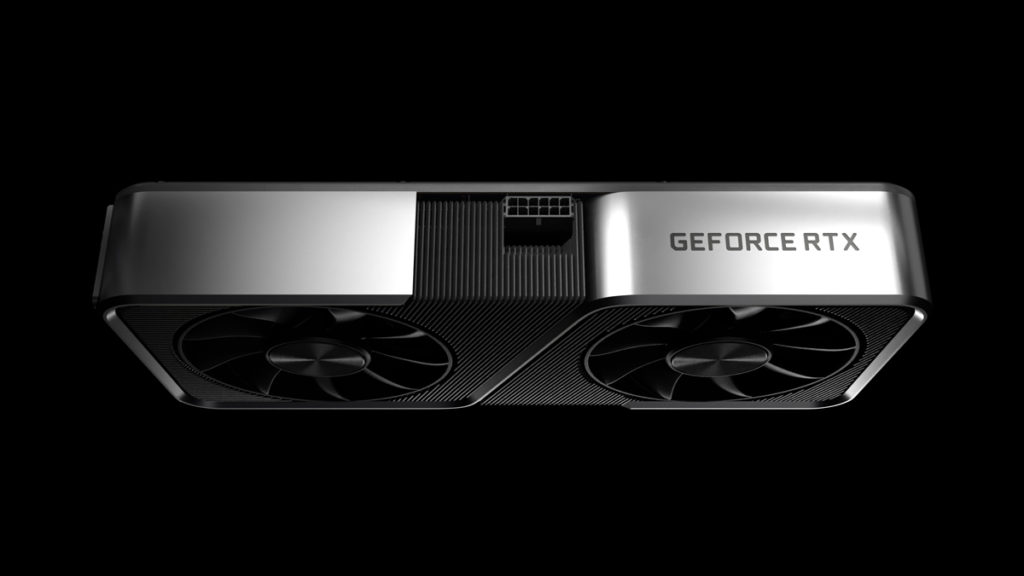Doesn't the title say 40 series. Are we already talking about that. Has Nvidia abandoned all hope of the 30xx series?
Since the 3000-series has hit retail, the 4000-series has almost certainly been in development for several years, and the process nodes mentioned are also reaching the point of being available to tape products out for test runs.
It does seem a bit leakier than usual though, whatever implication that has

So going away from TSMC hasn't payed off for nvidia.
Not IBM, not Samsung, usmc was the other?
BTW Samsung just announced its 5nmLP process, any chance nvidia could wait for the 5nmHP process?
I'm not quite ready to stick a fork in Samsung for GPUs in my mind, if only because I feel the need to leave some room for Nvidia's potential shenanigans, i.e., holding back stock for some conspiracy-theory-grade reason. It's not like Nvidia's parts aren't competitive, and in terms of their overall solution they still have AMD beat by a pretty decent margin, if only they could get some stock available.
I'm also wondering if Nvidia isn't going to use Samsung even more. Since Intel is pushing into the lower-end GPU game, it might make sense for Nvidia to use their available TSMC capacity for smaller, efficiency-focused parts where they can get the most performance possible at key TDPs, thus pushing their larger GPUs toward Samsung where a few extra watts (and I mean a few, not 50% more) aren't quite as big of a deal.
It's also entirely possible that with Samsung producing Ampere as it is today successfully, that future runs might be better optimized from the application of lessons learned with Ampere. I'm sure that Samsung is absolutely ecstatic to get a piece of Nvidia's pie and that any perceived shortcomings that the production of Ampere exposed are high on their list of issues to address sooner rather than later.
I'll also muse that Nvidia's work with Samsung opens the door for other companies to follow suit, i.e. AMD and Intel. For AMD, Samsung would open up a tremendous amount of capacity add CPU production volume, which they'll need if they're going to truly square off with Intel's marketshare. AMD can win every single benchmark but if they can only produce 1/20th of the product, then they can only sell 1/20th of the product (my made up numbers for illustration only). For Intel, while I doubt they'd use Samsung for CPUs, I think Samsung would be perfect for bigger GPU architectures. Again, once you jump into the TDP bracket of needing an external power connector (around 75w to start), extra wattage is only one consideration. In Intel's case just having a working product on the market would be worth minor compromises.
[last, apologies to
@Stoly, I cued off your post, but this is just general conjecture, not a rebuttal or correction

]

